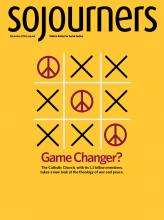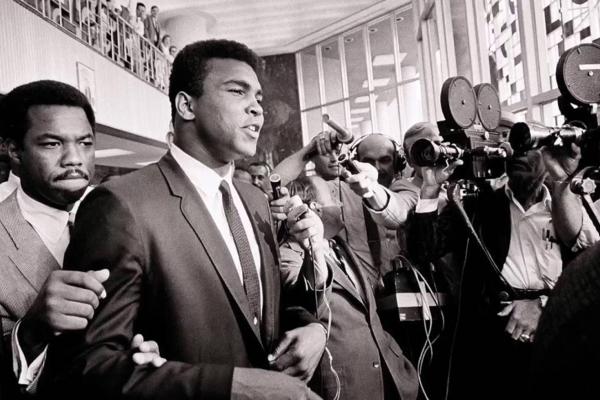THE ATTENTION generated by Captain Humayun Khan’s Iraq war activities (as related by his father, Khizr Khan, at the Democratic National Convention) is not the first time that a military story was used to try to tamp down prejudice against U.S. Muslims. In 2008, Gen. Colin Powell responded to the charges about Barack Obama being a Muslim by saying “What if he is?” Powell then cited the image of a mother hugging the gravestone of her American Muslim son at Arlington Cemetery as an illustration of Muslim contributions to the nation.
I respect Captain Khan’s military service. Yet I can’t stop thinking about an issue that his father reportedly raised with him when he was leaving for Iraq: Are you troubled at all by this war? Lots of Americans were, concerned both about the questionable evidence used to justify the war and the many lives that were sure to be destroyed during it.
As most soldiers would, Captain Khan stated that decisions about which wars to fight were above his pay grade.
But it does raise a question for those American Muslims who were disturbed enough by the contours of the Iraq war to withhold their support: Are there ways other than going to a war you don’t believe in to express your patriotism and be welcomed by your country?
I’d like to think that there are, and that American Muslims have in fact demonstrated them. Take Salman Hamdani, who was a young American Muslim emergency medical technician on his way to work on 9/11 when he saw the planes fly into the buildings. He rushed over to the site of the attacks to help whomever he could, and died in the rubble there. The police investigated him for possible ties to terrorism because of his Muslim faith and Pakistani heritage.
Shouldn’t sacrificing your life to rescue others merit the embrace of others in your country, or at least shield you from their suspicion?
Read the Full Article

